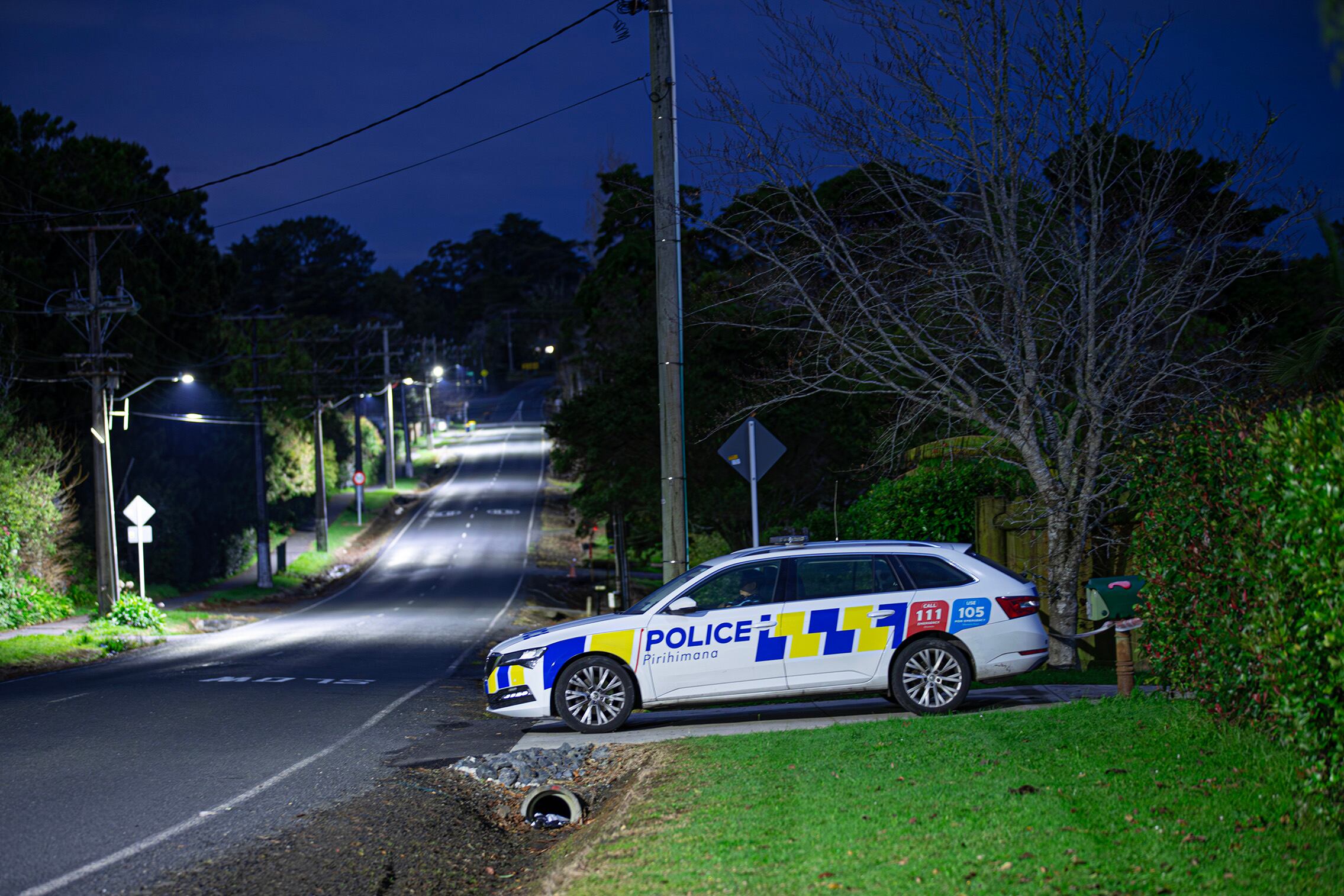
POLICE MINISTER WARNED OF HURDLES IN YOUTH CRIME REDUCTION TARGET
Police Minister Mark Mitchell was warned that the success of his flagship youth crime reduction target relied on many factors beyond the control of the police.
Ministerial briefing papers, provided under the Official Information Act, reveal officials’ concerns that “significantly more prevention work” would be required for the “ambitious” target to be met.
“While Police supports a broad measure on total offending by children and young people, many of the levers to reduce offending or prevent first-time offending sit outside of Police’s influence, including in the care, education and health environments,” the briefing states.
In April, the Government unveiled a target to reduce the number of children and young people with serious and persistent offending by 15% by 2030.
But two months earlier, Mitchell was told that, if he wanted to achieve those targets, “significantly more prevention work is required, including using cross-sector mechanisms such as the Oranga Tamariki Action Plan”.
“Targeted and longer-term social investment is likely to have the biggest impact on these offending patterns and Police supports more direct cross-sector work on prevention to assist achieving this measure.”
Mitchell remains confident there is enough investment in partner agencies to help with prevention work, saying he expects agencies to work collaboratively to achieve youth offending targets and provide a whole-of-system response.
“This includes responses from agencies such Oranga Tamariki, health, justice, education, MSD, HUD and police.”
Last month, the Government announced a new declaration of Serious Young Offenders and a pilot programme for military-style youth academies.
Police Association president Chris Cahill said too much of the burden of meeting Mitchell’s youth offenders target had fallen on police.
“Police have a part to play, they will identify these young offenders and work with them and feed them into the pipeline,” he said.
“To do that, police need to free up other resources and I’m still not seeing the change around things like mental health and family harm that are actually going to free up those police resources.”
Cahill said police generally supported the approach of having more frontline officers but said he wasn’t seeing evidence of investment in prevention services at other agencies.
He was also sceptical that the Government’s promise of recruiting 500 police officers, if delivered, would bring down youth crime.
“Extra police, if they’re achieved – and that’s a big if – aren’t the sole answer. It’s got to be turning back some of that demand to other departments and freeing police up to do traditionally police roles.”
Labour police spokeswoman Ginny Andersen said Oranga Tamariki – the organisation being flagged as a key partner by Mitchell’s advisers – had lost more than 400 roles through the Government’s recent cost-cutting exercise.
She said police were increasingly being expected to do more while partners such as Oranga Tamariki and family violence agencies had not seen a meaningful increase in their budgets.
“We can’t expect better results with reduced investment – the outcome is police are left to do it all.”
Andersen said the main investment towards reducing youth crime appeared to be in recruiting more police, and the Government’s proposed boot camps.
“Just having more police won’t fix this problem alone. We need a plan in place to get involved and prevent earlier on, and that’s what this Government is lacking.”
Children’s Minister Karen Chhour said Oranga Tamariki had a significant part to play in the Government’s target to reduce youth offending by 15%.
“Two main programmes aimed at doing this are the fast-track offending programme and the military-style academies.
“In Budget 2024, the fast-track programme received $7.7 million of funding, with $30.6m invested over four years. The military-style academies pilot received funding of $5.7m.”
2024-07-02T17:24:09Z dg43tfdfdgfd
